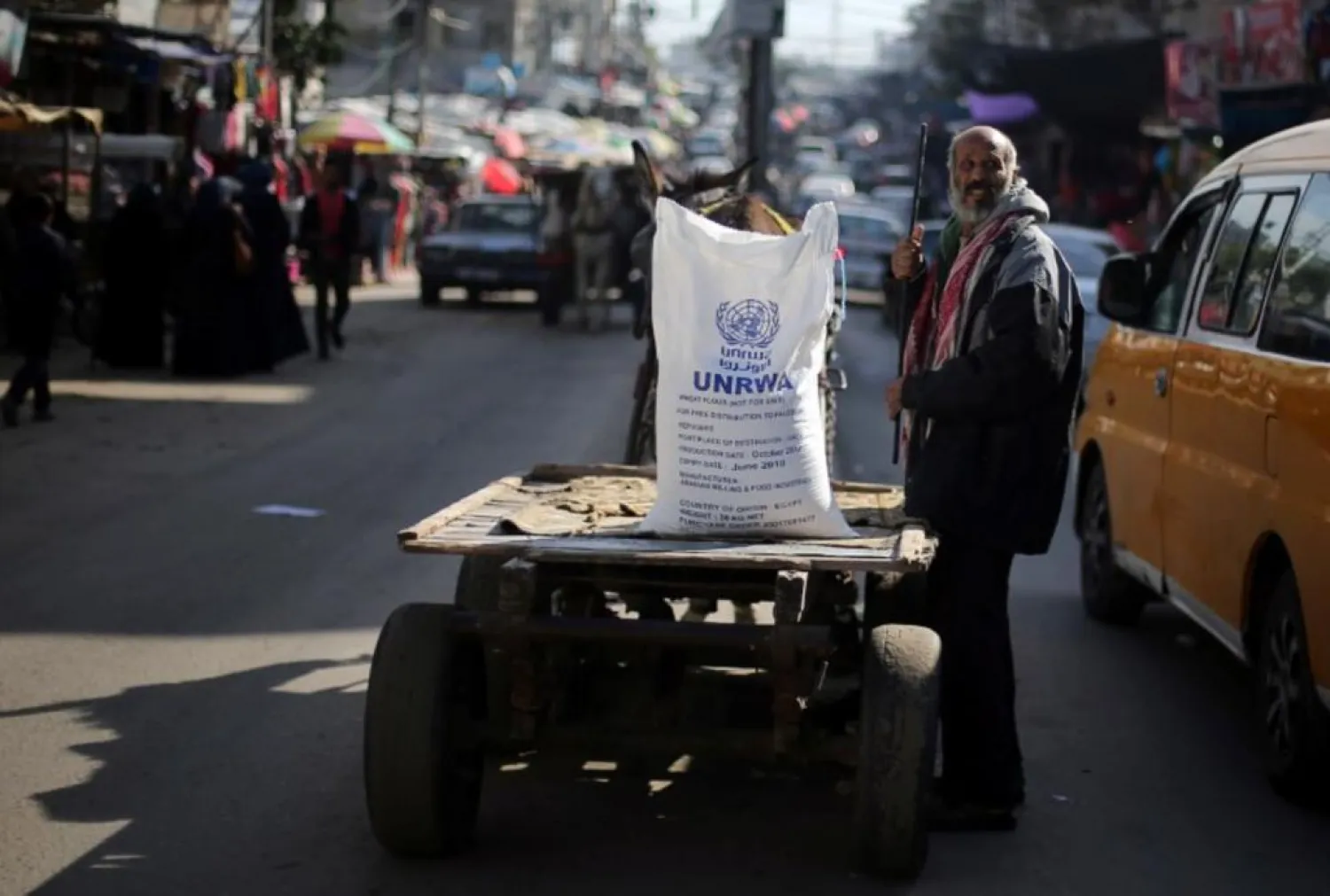In the wake of escalating and angry reactions over the decisions of the US Administration and Israel to strike the United Nations Relief and Works Agency for Palestinian Refugees (UNRWA), a spokesman for the UN agency said it would maintain its mission despite the recent crisis, until reaching a solution to the situation of Palestinian refugees.
UNRWA official Sami Mushasha stressed that the agency would continue to provide help to Palestinian refugees until a solution to their problem is reached.
“UNRWA is assigned by the General Assembly to continue its services until a fair solution to Palestinian refugees issue is reached,” he said in a press statement.
In response to Israeli Prime Minister Benjamin Netanyahu’s remarks that the agency was “perpetuating the Palestinian refugee problem” and not providing a solution, Mushasha stated: “What leads to perpetuation of the refugee crisis is the failure of the parties to deal with the issue, which needs to be resolved by the parties to the conflict in the context of peace talks, based on UN resolutions and international law, and with the active participation of the international community.”
For his part, the director of the PLO’s Department of Refugee Affairs, Ahmad Hanoun, revealed that contacts were underway to hold an urgent meeting of the UNRWA Advisory Committee to discuss the US threats to stop its financial contributions to UNRWA in an attempt to force the Palestinian Authority to return to the negotiating table with Israel.
Hanoun said in a radio interview on Monday that the UN Secretary-General would also be asked that the UN assumes responsibility for the financial deficit resulting from the US decision, noting that there was a financial crisis in the agency before Trump’s threat to stop US financial contribution.
He added that the amount of US funding for the agency reached two thirds of UNRWA’s budget and any funding cut would paralyze its work.
Meanwhile, Palestinian Prime Minister Rami al-Hamdallah met on Monday with Norwegian Foreign Minister Anne-Marie Eriksen, whose country is one of the largest contributors to UNRWA, to discuss the recent crisis.
Hamdallah said that the recent US steps were undermining the two-state solution, calling on the countries of the world, particularly Norway, to recognize the Palestinian state with East Jerusalem as its capital.
UNRWA Responds to Netanyahu: We Will Continue Until Refugee Crisis is Resolved

A Palestinian man stands next to a cart carrying a flour sack distributed by UNRWA in Khan Younis refugee camp in the southern Gaza Strip. Photo: Reuters

UNRWA Responds to Netanyahu: We Will Continue Until Refugee Crisis is Resolved

A Palestinian man stands next to a cart carrying a flour sack distributed by UNRWA in Khan Younis refugee camp in the southern Gaza Strip. Photo: Reuters
لم تشترك بعد
انشئ حساباً خاصاً بك لتحصل على أخبار مخصصة لك ولتتمتع بخاصية حفظ المقالات وتتلقى نشراتنا البريدية المتنوعة







